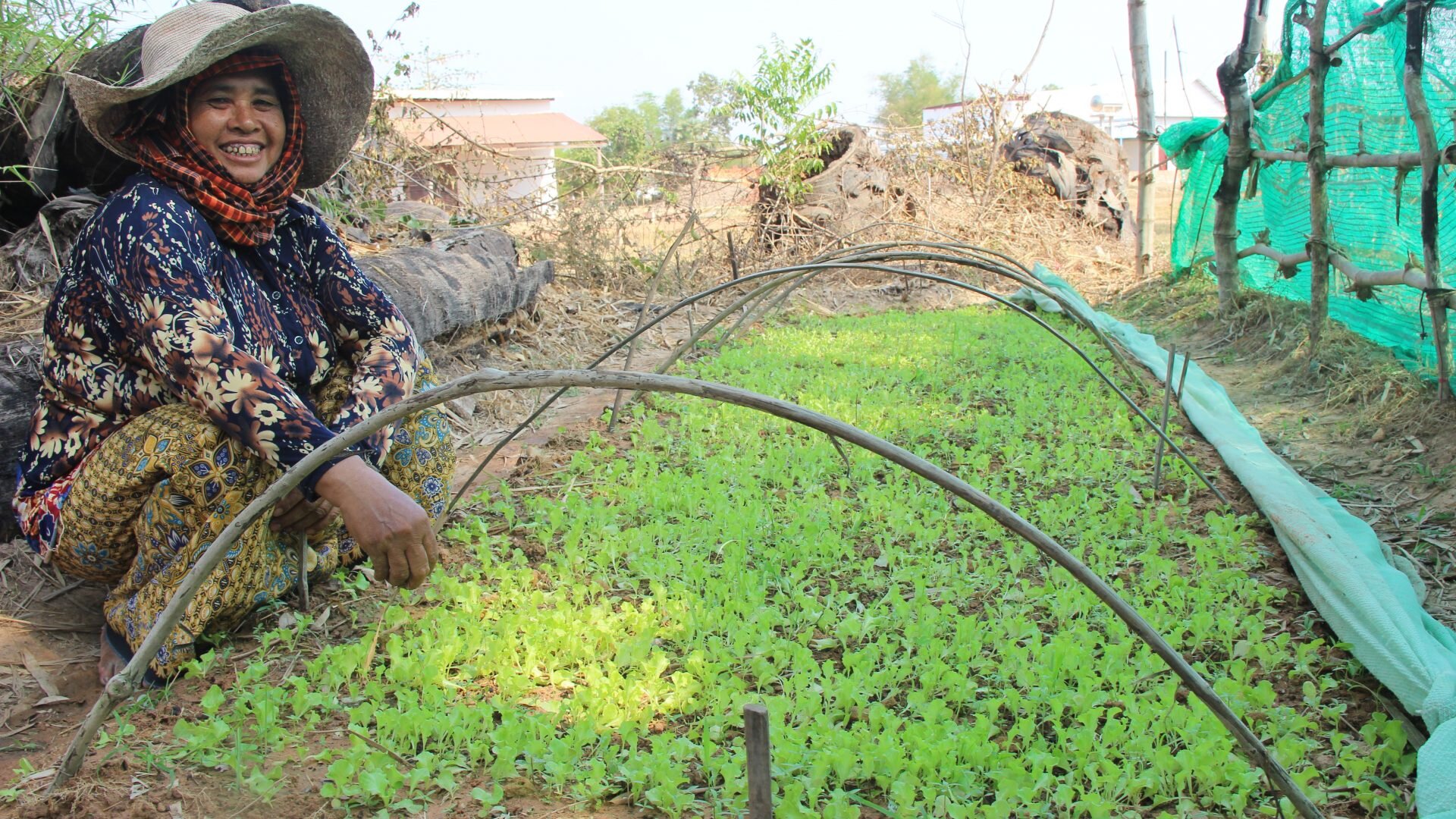Rebuilding After a Pandemic in Cambodia
This article was originally published by Human and Hope - a registered charity in Australia that empowers communities to address inequalities.
The COVID19 pandemic has ravaged the world and caused economic downturns similar to the Global Financial Crisis and the Great Depression. Cambodia too has not been left unscathed in this devastation and the pandemic brought the economy to a grinding halt in 2020. Like most disasters and economic shocks, it led to disproportionately affecting people from low-income and socioeconomically disadvantaged regions.
In 2020, Cambodia’s driving forces of economic growth: tourism, manufacturing exports and construction experienced a significant decline. Together these sectors contributed to 70 percent of the country’s growth in 2019 and their decline meant that national growth projections were significantly impacted. The pandemic led to a sharp contraction in the country’s growth – a decline of 3.1 percent.
Low-income populations typically have reduced and unequal access to healthcare and other vital services and during a pandemic, this lack of access is heightened. When remote-working is a crucial part of earning a living and sustaining a livelihood during a health epidemic, it affects low-income workers even more severely as they are usually employed in service industries that are shut down during lockdowns and thus they have fewer remote work opportunities due to their limited skill-set.
In a country like Cambodia where the government’s ability to enact a generous fiscal policy is curbed by its limited budget, low wage workers face the brunt of economic depressions.
Data from Cambodian media shows that millions of Cambodians “are going hungry and fear losing their homes during the pandemic because there is no government social protection system”.
In March 2021, the United Nations Development Programme estimated poverty to have almost doubled in Cambodia due to Covid-19, climbing to 17.6 percent of the population. This is approximately 1 in 5 people living in poverty in Cambodia today. Cambodian women especially are disproportionately impacted by COVID19 as they account for 85 percent of all garment sector workers and a considerable proportion of workers in the tourist sector – industries that are shut down by lockdowns. School closures have meant that their unpaid caring responsibilities have increased and thus has led to reduced participation in the labour force. Women are also vulnerable to the increases in domestic violence that may occur during economic crises. This is the unseen impact of economic crises.
In April 2021, World Vision conducted a survey in Cambodia to assess the impact of the outbreak and it found that the average income per household reduced from $63 per week to $35 per week.
Unfortunately, all these statistics are not simply numbers, they translate to real lives being impacted and livelihoods lost. They contribute to generations of poverty and can increase the income-gap quite significantly. Research by the International Monetary Fund shows that there is evidence that a persistent increase in inequality can occur due to the deteriorating economic impact on low-income workers in a pandemic in the absence of a strong policy intervention. Data from past pandemics, despite being smaller in scale have led to increases in shares of high-income groups and lowered the employment-to-population ratio of those with basic education compared to those with higher education.
It is highly likely that the consequences from this pandemic may be significantly graver and more devastating considering its prolonged duration and global impact.
HHA Cambodia, have been developing projects to bridge the gap and reduce inequality in Cambodia since 2011.The community workshops we financially support attempt to address the various social issues faced by these communities, issues that are exacerbated in a crises – domestic violence, health & hygiene, parenting etc. Their Home Food Garden program has improved the standards of living for families in Sambour Commune in rural Siem Reap by providing training, knowledge and resources for farming so they are able to grow chemical-free food for their own use and to sell. The effects of this pandemic will be long-lasting and intergenerational and HHA Cambodia’s work ensures that they can help bridge the gap and ensure that future generations have access to opportunity and are able to create sustainable livelihoods.







